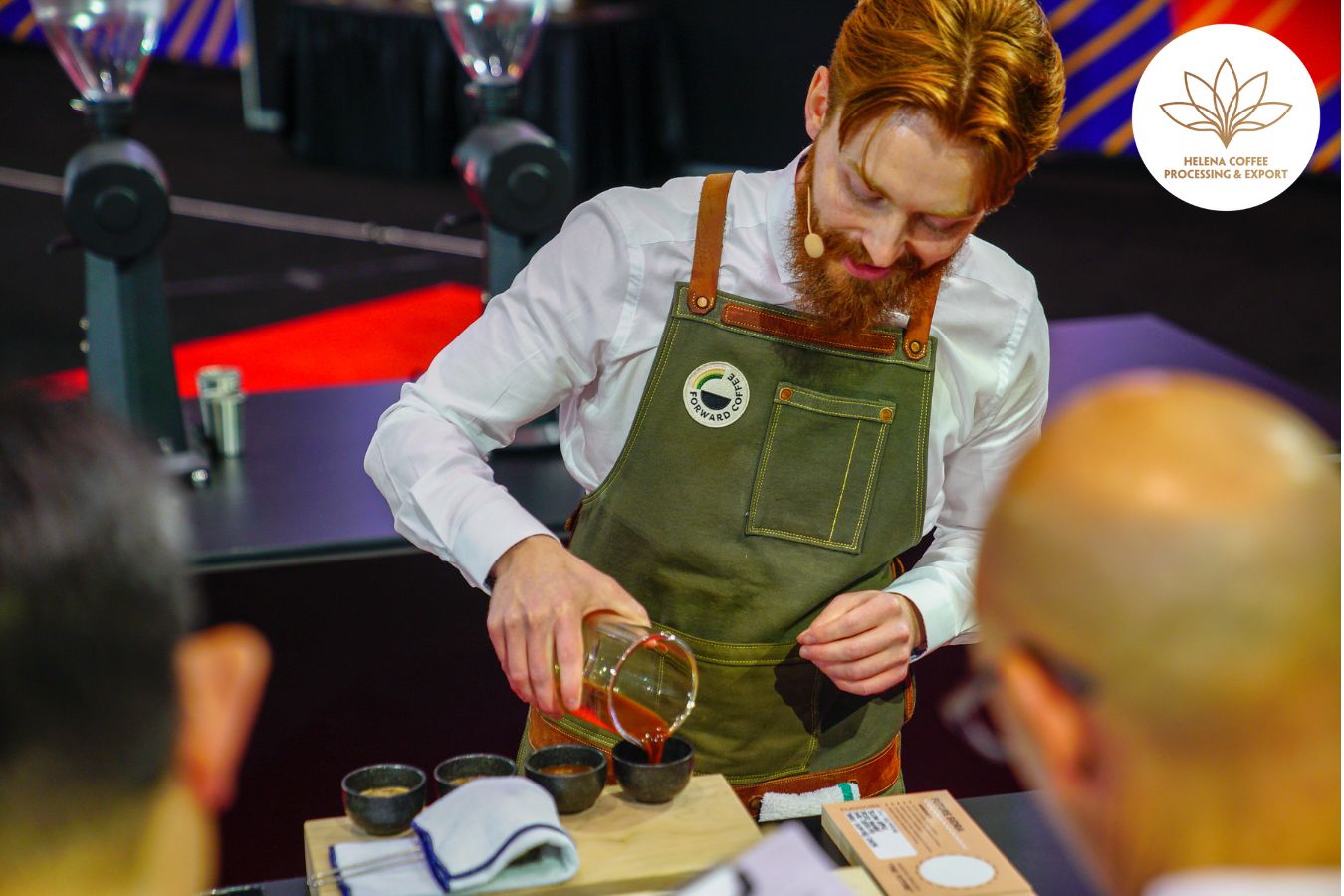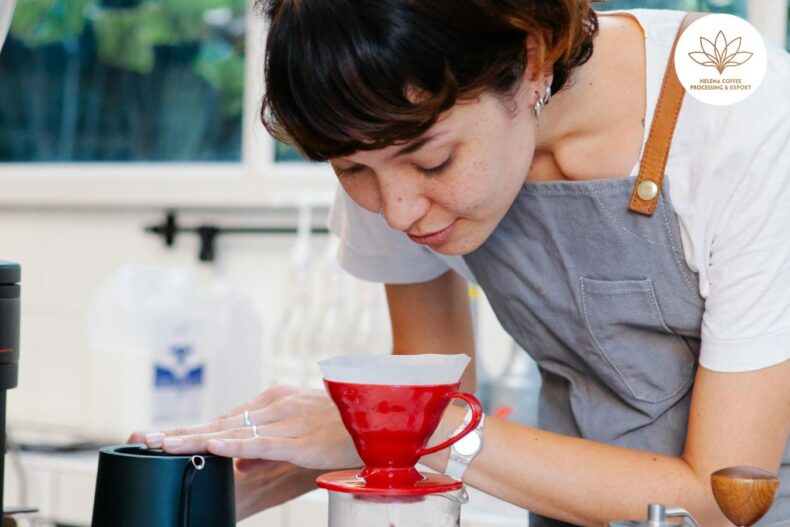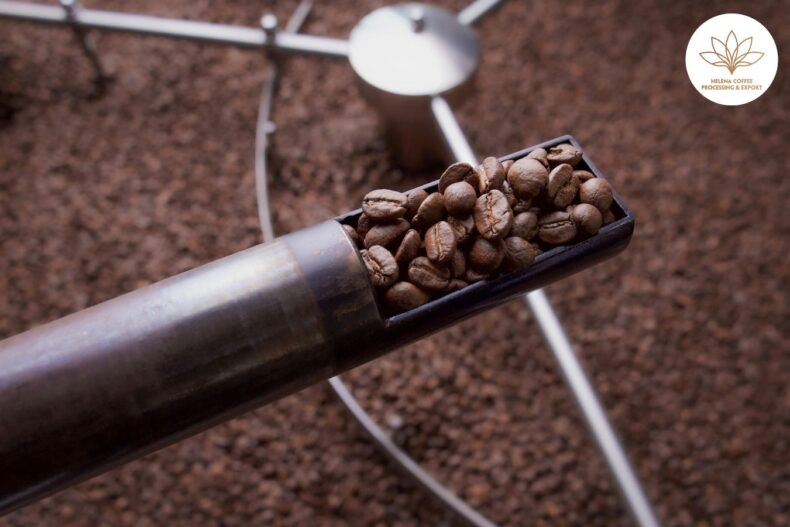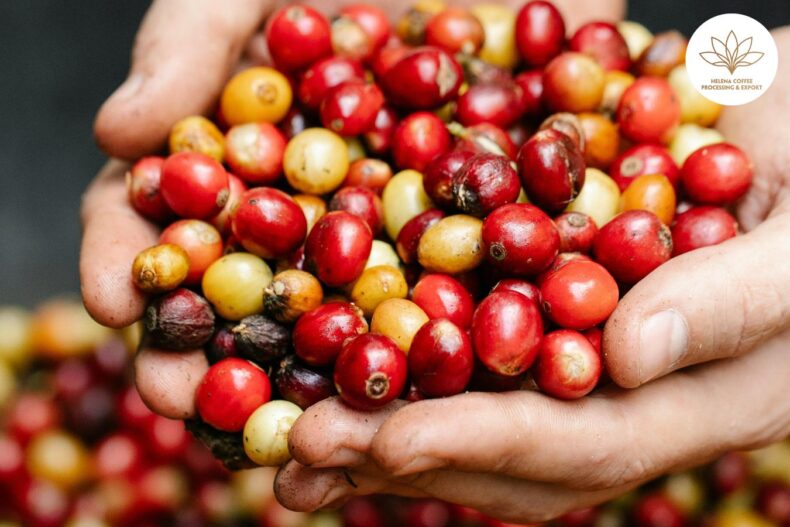
Coffee competitions, particularly at the global level like the World Barista Championship, have long been pivotal in fostering innovation and setting trends within the specialty coffee realm. These events not only showcase talent but also act as significant career launchpads for industry professionals.
While the prestige of participating and winning these competitions has historically been the main draw, there’s a new trend emerging: organizers offering larger cash prizes. This shift raises questions about whether financial rewards are starting to overshadow the intrinsic value and career-boosting recognition traditionally associated with these competitions.
To delve deeper into this development, I consulted with seasoned competitors Hany Ezzat and Josh Tarlo, who offered their insights on how the changing nature of competition prizes could affect the future opportunities for participants in the coffee industry.
How Have Awards in Coffee Competitions Evolved Recently?
The realm of specialty coffee competitions has seen significant diversification and growth, spanning from the highly esteemed World Coffee Championships, known for their stringent rules and prestigious nature, to more accessible and community-oriented events like the World AeroPress Championship and the Barista League.
The rewards for these competitions are as varied as the events themselves. For example, at the 2023 World Barista Championship (WBC), Boram Um was awarded a cash prize of €5,000 (approximately US $5,446.65) by BWT water+more, a qualified water filtration sponsor, in addition to a WBC trophy and a trip to a coffee origin country.
Yet, perhaps the most coveted prize is the title of “World’s Best Barista.” This honor not only recognizes exceptional skill and passion for specialty coffee but also serves as a significant career milestone. Notable winners who have leveraged this title to further their influence in the coffee industry include:
- Robert Thoresen, the inaugural World Barista Champion, who went on to establish several renowned coffee businesses including KAFFA Oslo.
- Tim Wendelboe, who claimed the title in 2004 and later founded the influential Nordic roastery that bears his name.
- Klaus Thomsen, the 2006 champion, who contributed to the specialty coffee movement in Scandinavia with the opening of Coffee Collective.
- James Hoffmann, the 2007 winner, who is recognized for pioneering the UK specialty coffee scene.
- Michael Phillips, who won in 2010 and later co-founded Handsome Coffee Roasters, eventually acquired by Blue Bottle Coffee.
- Sasa Sestic, the 2015 champion, known for his innovative approaches to coffee processing.
- Agnieszka Rojewska, the first woman to win the WBC, who has played a crucial role in enhancing the inclusivity and visibility of women in the industry.
While the intrinsic value of industry recognition and validation remains paramount, a growing trend towards offering significant cash prizes in coffee competitions has emerged. A prime example is the inaugural Australia’s Richest Barista competition at the 2023 Melbourne International Coffee Expo, where Rawirat “Jibbi” Techasitthanet clinched the top prize of AU $25,000 (US $16,110), making a bold statement about the evolving nature of competition rewards.
Despite these larger monetary rewards, industry respect and the platform provided by these competitions are still highly valued. Hany Ezzat, who has both competed and worked within the specialty coffee scene, emphasizes the unparalleled value of the recognition and respect gained through competition. He acknowledges the positive shift towards larger prizes but points out that for many competitors, these rewards are not always commensurate with the effort and time invested in preparing for the coffee competitions.
Harmonizing Competitor Expectations with Actual Outcomes
For numerous competitors, the culmination of extensive training and financial contributions is the prestige of being recognized as the foremost authority in their domain. Although monetary rewards are certainly beneficial, acquiring such a distinguished status often carries significant importance.
Nevertheless, the true value of these accolades becomes apparent through how the winners leverage their recognition for sustained success. Josh Tarlo, the entrepreneur behind Headstand—a ready-to-drink coffee leaf tea seltzer venture, and the titleholder of the 2018 UK Barista Championship as well as the 2013 Canadian Brewers Cup, reflects on the competitive landscape.
“The presence of a wide array of competitions is undoubtedly positive,” he remarks. “Yet, from what I’ve seen, a common source of frustration among competitors stems from a mismatch between their expectations and the actual experience of the competitions.”
“Coffee competitions cannot possibly satisfy everyone’s desires,” he continues. “Therefore, the greater the variety of competitions available, the higher the chance for competitors to discover an event that aligns perfectly with their aspirations.”
In response to this, it’s plausible that some organizers of coffee contests might shift their focus towards offering larger monetary awards, while others might stick to a more conventional approach. Both models can coexist in harmony, provided there’s clear communication about the intent and benefits of participation.
The landscape of coffee competitions is undergoing a transformation, not only in their structure but also in the rewards bestowed upon the victors. The future direction of these changes is still shrouded in uncertainty.
Hany emphasizes, “In my view, the most significant reward is the acclaim and the platform bestowed upon those who excel in these competitions. Nevertheless, the manner in which one leverages this platform opens up an entirely different discussion.”


